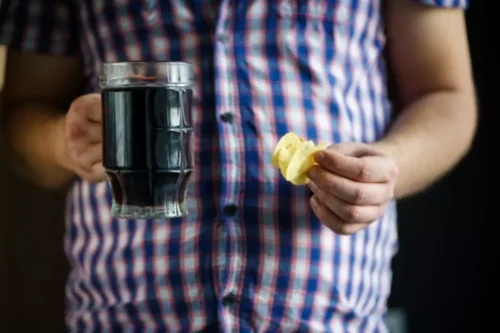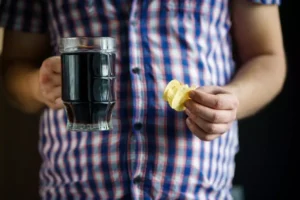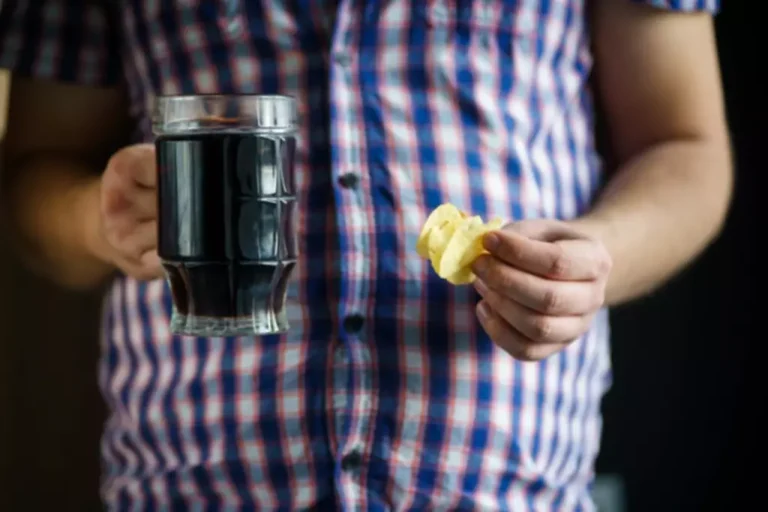
This is known as a psychological addiction because the act of drinking alcohol becomes habitual and they need it in order to feel good or like their normal selves. Alcohol can damage the organs, disrupt communication between brain cells, and weaken your immune system. It affects mental health, increases the risk for certain cancers, and can cause addiction. It also increases the risk of injury and death due to impaired judgment. If you are ready to discuss treatment, our admissions navigators are available 24/7 to speak with you today. Taking the first step toward recovery by seeking treatment is one of the best moves you can make for your overall health, well-being, and happiness.

What Amount Of Wine Is Safe To Drink?
During medical detox, doctors help you give up wine gradually, which reduces your risk of withdrawal why is wine so addictive symptoms. If you have several glasses of white wine, red wine, or any type of wine each day, you may develop a wine addiction. However, drinking alcohol every day can be a sign of alcohol use disorder (AUD), or lead to other health problems, especially if you’re drinking more than a single glass of wine every night. The consequences of long-term alcohol addiction are far-reaching, affecting not only the health of the individual but also their psychological well-being and personal relationships. It’s crucial for anyone struggling with alcoholism to seek alcohol addiction treatment. Whether you drink one standard drink or five, the amount of alcohol is the same, and the effects should be the same.
Red wine and skin

Medical detox works to https://ecosoberhouse.com/ remove the unwanted chemical (alcohol) out of the body, and restore physical and nutritional balance. Wine use may be hard to recognize as a problem because of the drink’s worldwide acceptability and availability. Excessive wine may result in an alcohol use disorder (AUD) such as alcohol use and alcoholism.
- Wine is a legal alcoholic beverage made using fermented grape juice without added sugar, water, enzymes, or acids.
- Understanding how addiction hijacks the brain is the first step to breaking free and regaining control of one’s life.
- At Crest View Recovery Center, we will help you reach the height of sobriety.
- Although moderate drinking may have certain health benefits, it is important to consider individual risk factors, cultural messages, and environmental factors.
- Consider these mental and emotional effects of wine consumption, both positive and negative, when deciding whether and how much to drink.
- Additionally, maintaining a healthy lifestyle, including a balanced diet, regular exercise, and abstaining from tobacco and excessive alcohol consumption, can help mitigate these risks.
Wine Addiction Withdrawal Symptoms
Heavy drinking over a long period of time can leave the body needing alcohol every day, and if the drinker attempts to stop suddenly they may experience sweating, shaking and nausea, and may even go into shock and die. People who are physically dependent on alcohol will need the support of a healthcare professional to stop drinking and may need to detox in hospital under medical or nursing supervision. We publish material that is researched, cited, edited and reviewed by licensed medical professionals. The information we provide is not intended to be a substitute for professional medical advice, diagnosis or treatment. It should not be used in place of the advice of your physician or other qualified healthcare provider. It should not be used in place of the advice of your physician or other qualified healthcare providers.
- For many people, drinking a glass or two of wine becomes a habit at the end of a long work day, a way to unwind and destress.
- Whether you are addicted to wine or any other kind of substance, help is available for you and your loved ones.
- We are dedicated to transforming the despair of addiction into a purposeful life of confidence, self-respect and happiness.
- One of the most common signs of wine addiction is the presence of withdrawal symptoms when a person quits using it.
- Although there is very little scientific basis for it, it is an idea that has helped millions of people to turn their lives around.
- These withdrawal symptoms can make quitting alcohol extremely difficult, as the body is now physically dependent on it.
- These practices greatly influence the final taste and quality of the wine.
- To understand if wine is addictive, we first need to explore the concept of addiction itself.
- Our team does their best for our readers to help them stay informed about vital healthcare decisions.
- We combine our education and expertise with our empathy to provide the highest quality addiction treatment in this region.
Signs and symptoms of wine addiction include increased tolerance, prioritizing drinking, inability to stop drinking, an increase in risky behavior, and withdrawal symptoms. If you’ve ever wondered about the allure and impact of wine consumption, this section is for you. Here, we’ll dive into the realm of recognizing and managing wine addiction, shedding light on the signs and symptoms to watch out for. Additionally, we’ll explore the various treatment options available for those struggling with this complex issue. Let’s navigate through this important subject and gain a deeper understanding of the complexities surrounding wine addiction.
Is alcohol addictive?
For more information about Suboxone (buprenorphine/naloxone) see Suboxone.com, the full Prescribing Information, and Medication Guide, or talk to your healthcare provider. You are encouraged to report negative side effects of drugs to the FDA. But they may also become alcoholics because of the environment in which they have been raised or because of their family or community’s attitude towards heavy drinking. Mental health disorders, stress, and trauma can also contribute to alcohol and drug abuse.
Remember, moderation is the key to protecting your liver health and reducing the risk of cancer when it comes to wine or any other alcoholic beverage. It is drug addiction treatment important to note that moderate wine consumption is generally considered safe and may have some health benefits. The physical effects of wine consumption can vary based on the amount consumed and individual factors. To understand if wine is addictive, we first need to explore the concept of addiction itself. Addiction involves a compulsive behavior that is difficult to control, despite negative consequences.
Does Alcohol Lower IQ?

Over time, as the brain becomes accustomed to alcohol’s effects, it starts to produce less GABA naturally, meaning the person needs to drink more to achieve the same calming effects. This gradual increase in alcohol use can deepen psychological dependence because the individual feels the need to drink more often or in larger quantities to feel the way they used to with smaller amounts. This pattern of increasing consumption can also increase guilt and shame, creating a harmful cycle where the person drinks to escape these negative emotions. Over time, people may start to believe they can’t socialise, relax, or sleep without drinking.
What Makes Alcohol Addictive?

If drinking isn’t an issue for you, you shouldn’t have an issue forgoing the booze. But if you find yourself dwelling on all the wine you’re not drinking, or if you so back to the bottle after just a few days … you’ve learned that you can’t control your drinking. If you can’t enjoy a party where the Merlot isn’t pouring freely and a dry dinner with friends seems agonizing, your wine habit may be an addiction. For casual, moderate drinkers, alcohol may be a nice bonus, but it usually isn’t a must-have for all activities. Life should be first on your list to enjoy and experience, not the newest bottle you’ve brought home. From Girl Scout Cookie-and-wine pairings to novelty shirts that declare, “You had me at Merlot,” to coffee cups that proclaim, “This is actually wine” … vino is a fixture of our social landscape.
